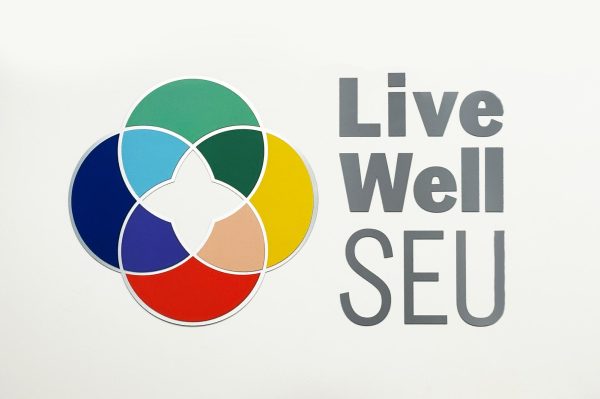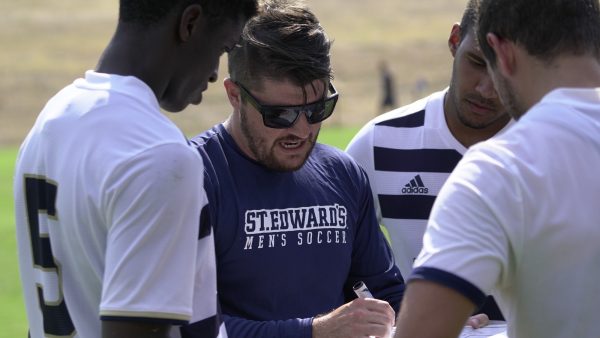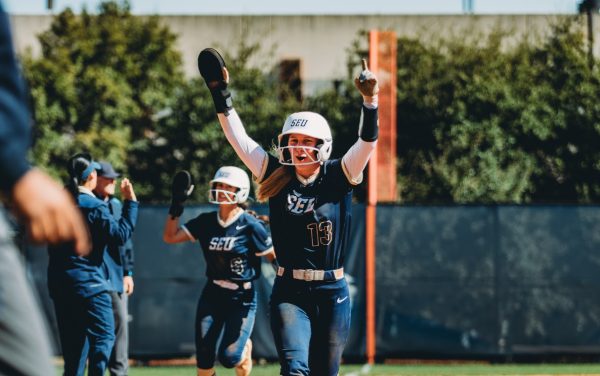2ACTIVISM
Less than 24 hours after the Philadelphia Eagles won the Super Bowl, articles were already being published discussing which NFL champions would be skipping their visit to the White House as a sign of protest against the Trump administration.
Among the Eagles players who have announced their boycott is defensive end Chris Long, who skipped last year’s championship visit with President Donald Trump when he won with the Super Bowl with the New England Patriots.
“My son grows up, and I believe the legacy of our president is going to be what it is, I don’t want him to say, ‘Hey dad, why’d you go [to the White House] when you knew the right thing was to not go?'” Long said in a video last year in efforts to explain his actions.
But why is this the right thing to do? Not shaking hands with the opposing team after a game would be considered unsportsmanlike conduct. And yes, Donald Trump has said and done a lot of despicable things, but champions not showing up further extends the “us vs. them” mentality.
This isn’t good for democracy, whether you’re a politician on Capitol Hill or an ordinary person trying to make a difference.
Holocaust survivor and novelist Elie Wiesel once said what has become a popular quote for activism: “Silence encourages the tormentor, never the tormented.” But skipping out on the visit is choosing not to use your voice face-to-face — the opportunity to confront Trump in a respectful manner and concretely explain what he needs to do differently.
When Rosa Parks sparked the Montgomery Bus Boycott as a civil rights protest, the movement was successful because bus companies lost revenue. But skipping the White House visit doesn’t equate the same form of social change because President Trump is not receiving a clear message.
Skipping the White House visit could seem noble to some, but it also comes across as immature. If Long and the rest wanted to stand up to him, sitting alone at home isn’t effective.






